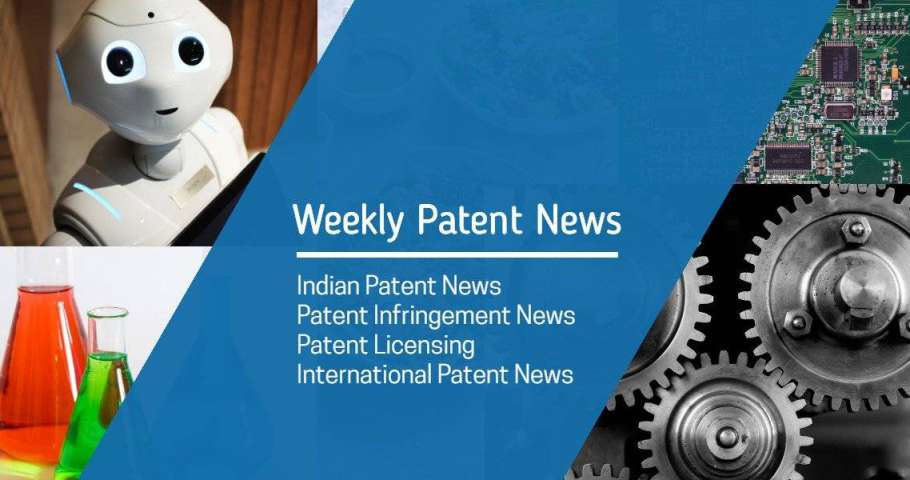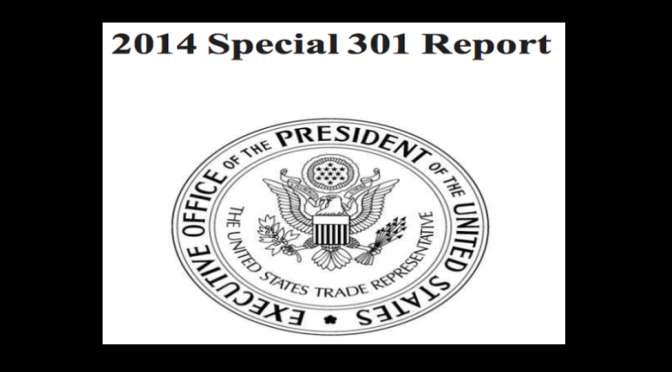In this week’s patent news and updates - Supreme Court restores order extending time limits indefinitely; Supreme Court asks Government why it is not invoking compulsory licensing provisions; US publishes infamous "Special 301 Report", places India on priority watch list; USPTO organizing series of free webinars on Industrial designs / design patents
Indian Patent Updates
Supreme Court restores order extending time limits indefinitely
The Supreme Court on Tuesday, i.e., April 27th restored its order from last year…


